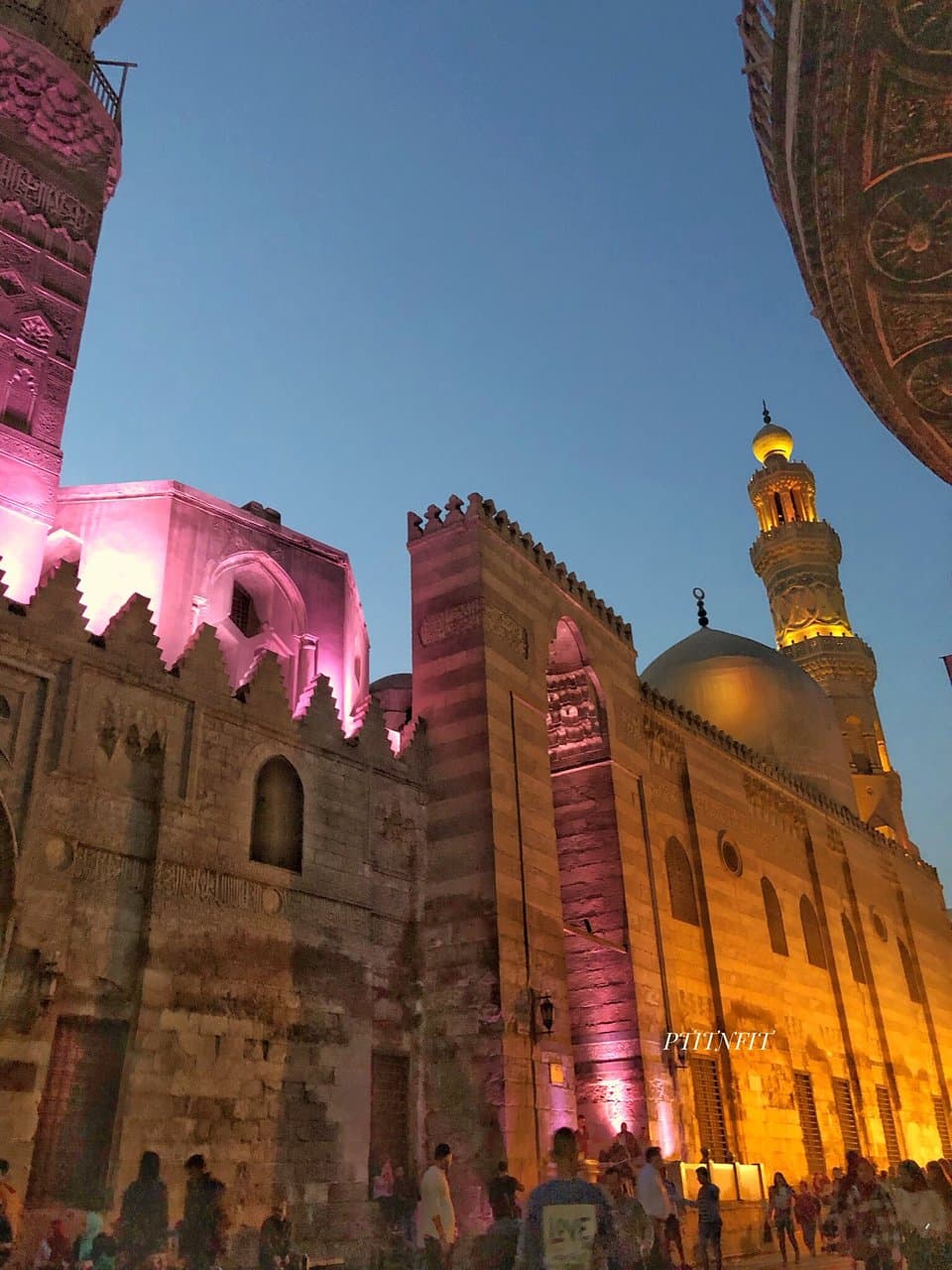
Al-Hussein Mosque Cairo
A sacred Islamic landmark in Cairo, revered for housing the shrine of Imam Hussein and showcasing magnificent architecture.

Highlights
Must-see attractions
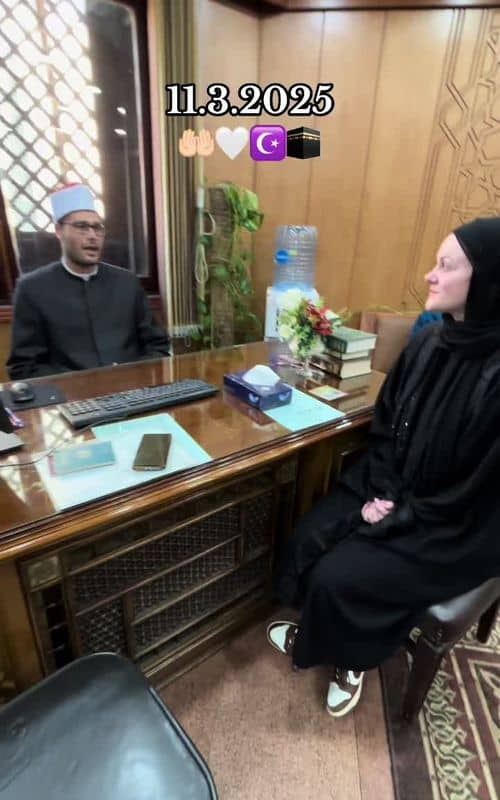
Social
From TikTok & Reddit
Best Time
Fewer crowds, peaceful atmosphere

Al-Hussein Mosque Cairo
Best Time
Fewer crowds, peaceful atmosphere

Highlights
Must-see attractions
A sacred Islamic landmark in Cairo, revered for housing the shrine of Imam Hussein and showcasing magnificent architecture.
"A must-visit for pilgrims and history buffs, blending spiritual devotion with stunning Islamic architecture."
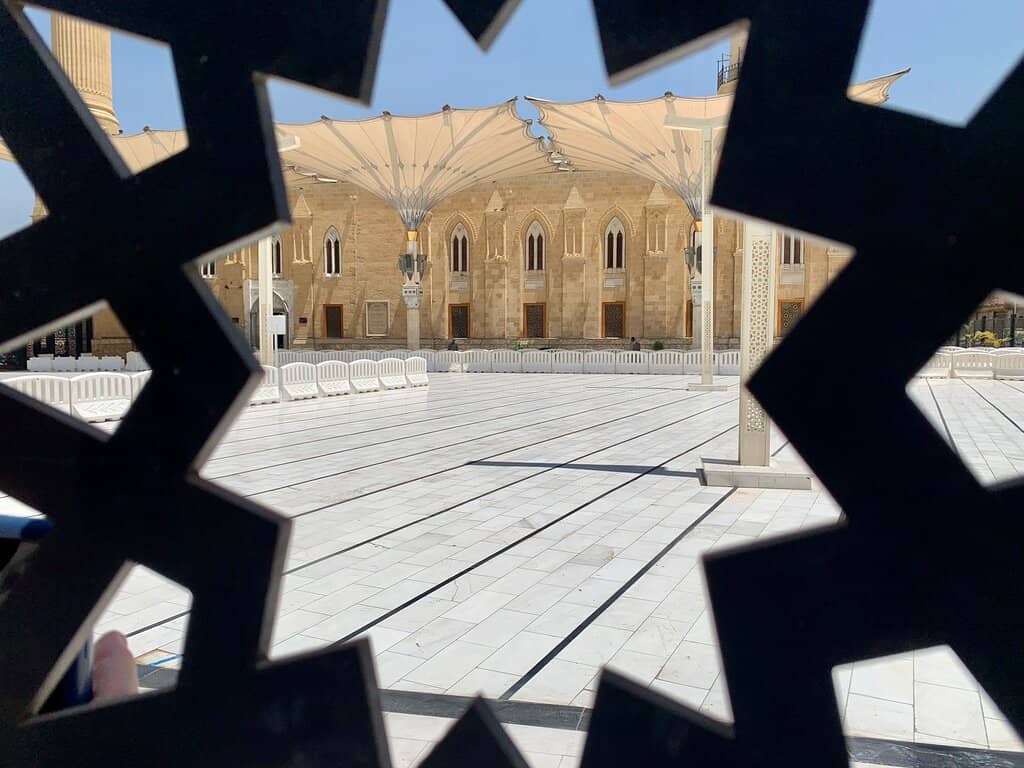
Modest Attire Required
Cover shoulders & knees. Women may need headscarf. Respectful behavior is key.
Camera Restrictions
Photography may be restricted inside. Check rules before entering.
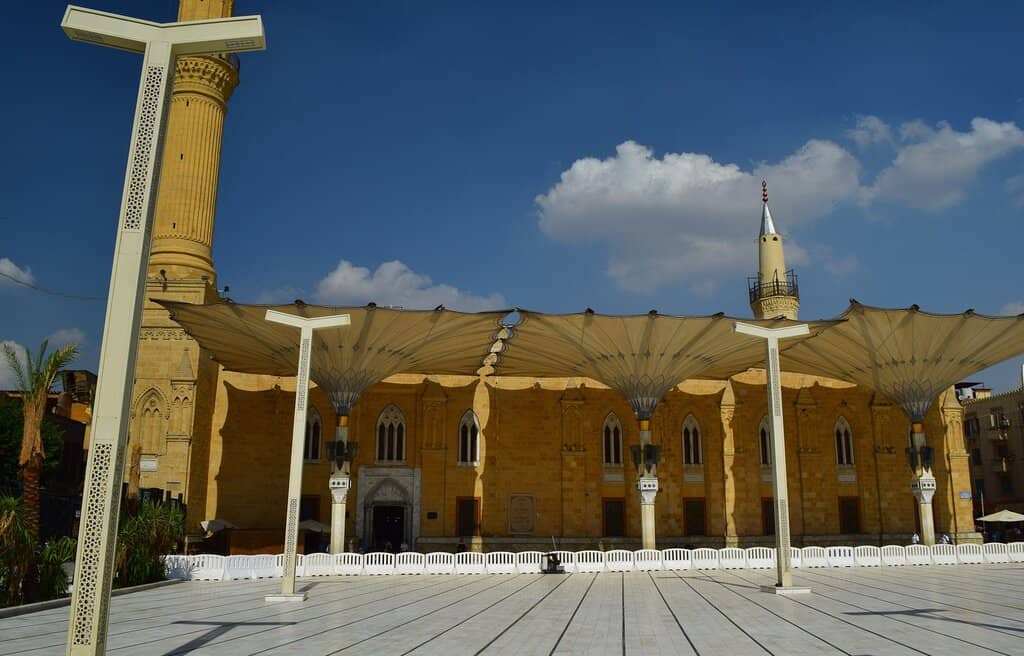
Highlights
Discover the most iconic attractions and experiences

Shrine of Imam Hussein
Interior of the mosque
The spiritual heart of the mosque, believed to house the head of Prophet Muhammad's grandson. A place of deep reverence.

Stunning Islamic Architecture
Exterior and interior
Admire intricate domes, elegant minarets, and detailed calligraphy. A masterpiece of Islamic eclecticism.

Proximity to Khan el-Khalili
Adjacent to the bazaar
Easily combine your visit with exploring the vibrant historic bazaar for a full Cairo experience.
Plans like a pro.
Thinks like you
Planning Your Visit
Dress Code & Respect
Best Time to Visit
Best Times
Insider Tips
from TikTok, Instagram & Reddit
Modest Attire Required
Cover shoulders & knees. Women may need headscarf. Respectful behavior is key.
Camera Restrictions
Photography may be restricted inside. Check rules before entering.
Combine with Bazaar
Visit Khan el-Khalili market nearby for souvenirs & local life.
Check Prayer Times
Avoid visiting during peak prayer hours for a smoother experience.
The Holy site, of the holy Head of Imam Hussain, in Egypt, Cairo.
Tips
from all over the internet
Modest Attire Required
Cover shoulders & knees. Women may need headscarf. Respectful behavior is key.
Camera Restrictions
Photography may be restricted inside. Check rules before entering.
Combine with Bazaar
Visit Khan el-Khalili market nearby for souvenirs & local life.
Check Prayer Times
Avoid visiting during peak prayer hours for a smoother experience.
What Travellers Say
Reviews Summary
Al-Hussein Mosque is a deeply significant religious and historical landmark in Cairo, praised for its spiritual importance and stunning Islamic architecture. Visitors appreciate its proximity to Khan el-Khalili bazaar, offering a rich cultural experience. Some note potential photography restrictions and the need for modest dress.
"Al-Emam El-Hussein Mosque is one of Cairo’s most significant religious and historic landmarks. Located in the heart of Islamic Cairo, the mosque holds deep spiritual importance as it is associated with the shrine of Imam Hussein, the grandson of the Prophet Muhammad.
The mosque features stunning Islamic architecture, including intricately decorated domes, elegant minarets, and beautifully crafted interiors adorned with calligraphy and geometric designs. The serene atmosphere inside provides a space for prayer, reflection, and spiritual connection.
Visitors can also explore the surrounding area, which is full of historic streets, markets, and other religious monuments, offering a rich cultural and historical experience. The mosque is both a spiritual center and a symbol of Cairo’s Islamic heritage, making it a must-visit for pilgrims, tourists, and anyone interested in religious architecture and history."
Attia Adil
"Mosque of al-Imam al-Husayn is a mosque and mausoleum of Husayn ibn Ali, originally built in 1154, and then later reconstructed in 1874.
It is considered to be one of the holiest Islamic sites in Egypt. Some Shias believe that Husayn's head is buried on the grounds of the mosque where a shrine currently stands.
According to Fatimid tradition, in the year 985, the fifth Fatimid caliph, al-Aziz Billah, located the site of his great-grandfather's head through the office of a contemporary in Baghdad. It remained buried in the Shrine of Husayn's Head in Palestine for approximately 250 years, until 1153. It was "rediscovered" in 1091 at a time when Badr al-Jamali, the vizier and de facto regent under Caliph al-Mustansir, had just reconquered the region for the Fatimid Caliphate. Upon his order, the construction of a new Friday mosque and mashhad (memorial shrine) was initiated at the site.
The building was reconstructed under the Ayyubids in 1237 and was burned down 11 years later. The Ayyubid minaret above the Bal al-Akhdar gate is the only part of the Ayyubid mosque that survives today.
To mark the site of burial, or Mashhad Ra's al-Husayn, Taher Saifuddin had a zarih built in Mumbai, which was later installed at the mosque in 1965 just before his death. It was subsequently inaugurated by his son, Mohammed Burhanuddin.
in 1874, Isma'il Pasha (Khedive Isma'il) reconstructed Al-Hussein mosque inspired by the Gothic Revival Architecture. Wanting to modernize Cairo, Isma'il Pasha created a mosque with Italian Gothic style and Ottoman style minarets. This mixture of various architectural styles famous in Islamic architecture during the khedival time period is called Islamic eclecticism."
Abdulrahman Qazzaz
"Mosque of great islamic importance.
Located within the old market.
Its said the prophet pbuh grandson imam husseins head is buried here.
Womens entrance to side of mosque opp to bazaar."
Sadi A
What People Like
What People Dislike
Frequently Asked Questions
🚇 🗺️ Getting There
The mosque is located in Islamic Cairo, near Khan el-Khalili bazaar. Taxis or ride-sharing apps like Uber/Careem are convenient options. Public transport is available but can be crowded.
While accessible, public transport can be crowded and confusing for tourists. Taxis or ride-sharing services are generally recommended for ease and comfort.
From Giza, it's best to take a taxi or ride-sharing service directly to Al-Hussein Mosque. The journey can take 45-90 minutes depending on traffic.
Parking can be very challenging in this historic area. It's advisable to use ride-sharing services or be prepared for a short walk from designated parking areas.
Yes, if you are visiting other sites like Al-Azhar Mosque or Khan el-Khalili, Al-Hussein Mosque is within walking distance through the charming, albeit sometimes narrow, streets.
🎫 🎫 Tickets & Entry
Entry to Al-Hussein Mosque is generally free. However, donations are appreciated to help with its upkeep.
The mosque is typically open daily from early morning until late evening. It's best to avoid visiting during peak prayer times, especially on Fridays.
The mosque is open during Ramadan, but it can be very crowded. It is closed for general visitors on Ashura for specific religious observances.
No, tickets are not required. Al-Hussein Mosque is a public place of worship and does not operate on a ticketed entry system.
The mosque may have limited access during major Islamic holidays or specific prayer times. It is closed to general visitors on Ashura.
🎫 🕌 Onsite Experience
It's one of Cairo's holiest Islamic sites, believed to house the shrine of Imam Hussein, grandson of Prophet Muhammad. It's a major pilgrimage destination.
Dress modestly: cover shoulders and knees. Women should wear a headscarf. Avoid revealing clothing.
Photography may be restricted inside the mosque, especially near the shrine. Always check for signage or ask permission.
Yes, there is typically a women's entrance located to the side of the main entrance, opposite the bazaar.
The atmosphere is generally serene and spiritual, offering a space for prayer and reflection, though it can be busy.
🍽️ 🍽️ Food & Dining
Yes, the mosque is adjacent to Khan el-Khalili bazaar, which is filled with local restaurants and cafes offering traditional Egyptian cuisine.
Try Koshary, Ful Medames, Ta'ameya (Egyptian falafel), and various grilled meats. Many local eateries offer authentic flavors.
Absolutely! Koshary and Ta'ameya are popular vegetarian dishes. Many restaurants also offer vegetable tagines and salads.
Yes, numerous cafes in and around Khan el-Khalili serve traditional mint tea (shai bel na'na') and strong Egyptian coffee (ahwa).
You can find a range of prices, from very affordable street food and local eateries to slightly more upscale restaurants within the bazaar.
📸 📸 Photography
The exterior architecture, especially the minarets and domes, and the bustling atmosphere of the adjacent Khan el-Khalili bazaar offer great photo opportunities.
Photography inside the mosque, particularly near the shrine, is often restricted. Always check for signs or ask for permission.
Early morning or late afternoon offers softer light and fewer crowds, making for better photographic conditions.
Tripods are generally not permitted inside religious sites like Al-Hussein Mosque to avoid disruption.
Focus on the intricate calligraphy, geometric patterns, the unique minaret designs, and the grand domes.
For Different Travelers
Tailored advice for your travel style
👨👩👧 Families with Kids
Consider a shorter visit to the mosque itself, focusing on the impressive architecture from the outside. Then, immerse yourselves in the bazaar, where children might enjoy seeing traditional crafts, perhaps finding small souvenirs, and trying local snacks. Ensure everyone is dressed appropriately to respect the religious site.
🕌 Religious Pilgrims
Be prepared for a deeply devotional experience. While photography might be restricted, the internal ambiance and the sense of history and faith are paramount. Respectful attire and demeanor are essential. Consider visiting during less crowded times to maximize your spiritual connection.
📸 Photographers
The adjacent Khan el-Khalili bazaar provides a dynamic backdrop with its bustling activity, colorful textiles, and traditional crafts. Be mindful of photography restrictions inside the mosque itself, and always seek permission before photographing individuals.
Deep Dives
In-depth insights and expert knowledge
The Spiritual Significance
The mosque's spiritual draw is immense, attracting pilgrims and devotees seeking blessings and connection. The atmosphere inside, despite potential crowds, is often described as serene and conducive to prayer and reflection. The presence of the shrine adds a profound layer of sanctity to the experience, making it more than just a visit to a historical building.
Beyond its primary religious significance, the mosque is a symbol of Cairo's rich Islamic heritage. Its location in the heart of Islamic Cairo, adjacent to the bustling Khan el-Khalili bazaar, further enhances its cultural importance, offering a glimpse into centuries of history, faith, and daily life.
Architectural Marvels
Visitors are struck by the mosque's intricate details, including beautifully decorated domes, elegant minarets that pierce the Cairo skyline, and interiors adorned with exquisite calligraphy and geometric patterns. The Ayyubid minaret above the Bal al-Akhdar gate is a surviving remnant from an earlier reconstruction, adding another layer to its architectural narrative.
While the shrine of Imam Hussein is the spiritual focal point, the mosque's overall design and decorative elements offer a rich visual experience. The large umbrellas at the main entrance, resembling those at Masjid-e-Nabwabi in Medina, are a notable feature that adds to its grandeur.
Exploring the Surroundings
Beyond the bazaar, the area is rich with other significant Islamic landmarks. A short walk can lead you to Al-Azhar Mosque, one of Cairo's oldest and most prestigious mosques, and the historic Al-Muizz Street, an open-air museum of Islamic architecture. The Coptic Quarter with its ancient churches is also accessible for those interested in Egypt's diverse religious history.
Exploring this district on foot allows you to soak in the atmosphere, discover hidden courtyards, and experience the authentic pulse of Cairo. Be prepared for bustling crowds, especially in the bazaar, and enjoy the sensory overload of sights, sounds, and smells that define this historic part of the city.



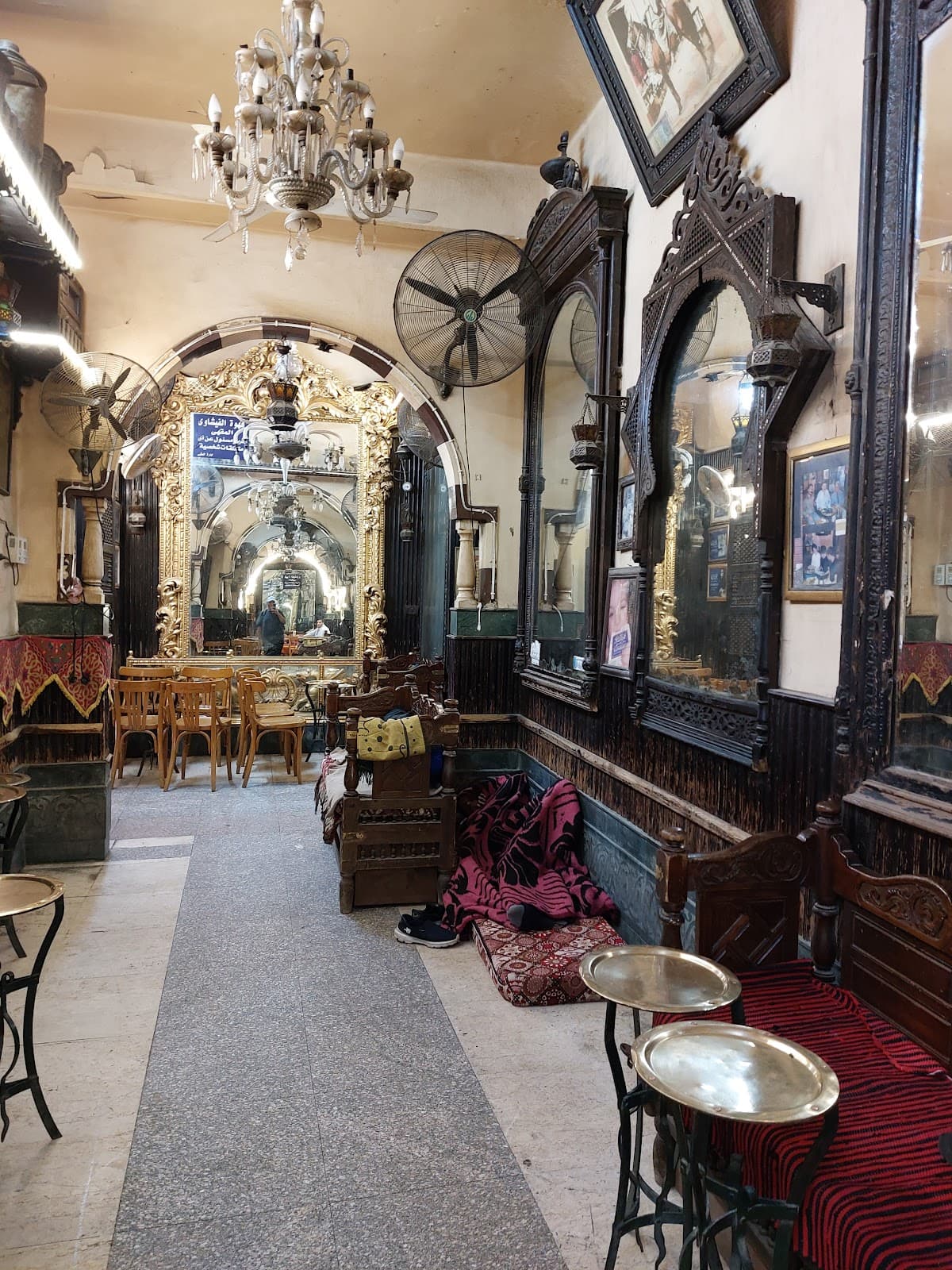
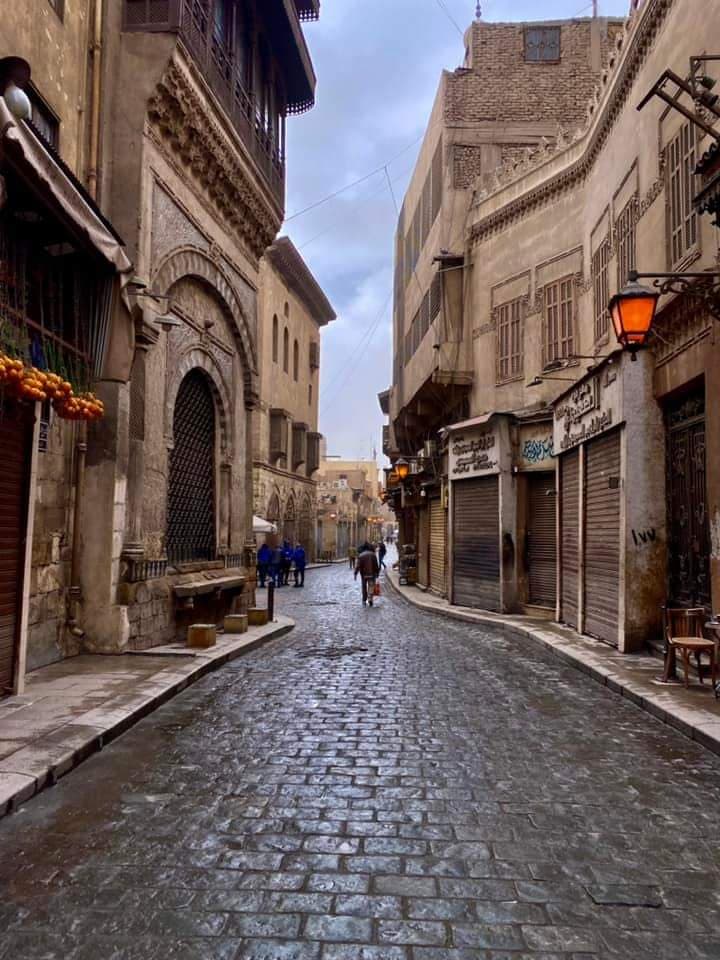

Social
from TikTok, Instagram & Reddit